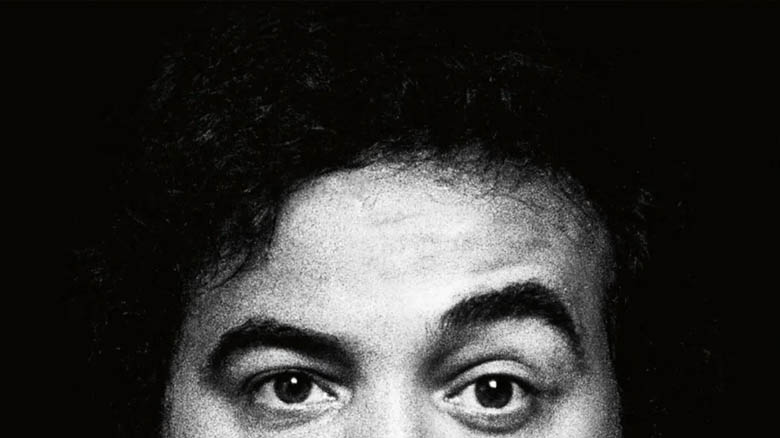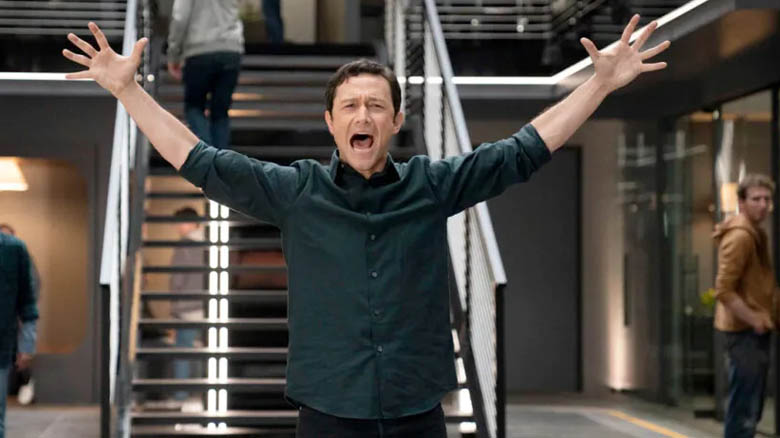3670Views 0Comments


Stream It Or Skip It: ‘Belushi’ on Showtime, a Documentary Portrait of a Comedy Superhero and a Complex Man


Belushi: three syllables that summon a singular off-the-rails hilarious gonzo madness, burning bright and hot and brief. But Belushi, director R.J. Cutler’s John Belushi biodoc for Showtime, strikes a different tone, capturing the sensitive man behind “To-ga! To-ga! To-ga!” and Samurai Futaba. The veteran filmmaker pieces together the Belushi story by unearthing old audio interviews with many of the comedian’s family, friends and colleagues, and shockingly personal letters to his wife, Judy. It might be the most intimate portrait of the superstar funnyman yet.
The Gist: Gales of laughter from behind the camera punctuate Belushi’s original Saturday Night Live screen test. Was he one of the funniest people who ever lived? Quite possibly. This story of the movie, TV and rock star features no narrator, just archival footage, audio interviews conducted by author Tanner Colby and the occasional reading of Belushi’s letters by Bill Hader, who does a crazy-accurate vocal impression of the man (so accurate, you might be fooled for a minute like I was). We hear the voices of Judy Belushi, Harold Ramis, Dan Aykroyd — the man’s closest friend and confidant — Carrie Fisher, Lorne Michaels, Penny Marshall, Jim Belushi and many others, who describe the comedian in glowing terms. But, not surprisingly, their piecemeal portrait of the private man is far more fraught and complicated.
Animated sequences illustrate scenes for which there apparently isn’t any video documentation. We also see still images, e.g., of Belushi the boy, growing up in Wheaton, Illinois, funny right out of the womb, it seems; as a three-year-old, he’d walk right into his neighbors’ homes and “put on a show.” As a teen, he played in a rock band and listened endlessly to his comedy records. In the late 1960s, he moved to Chicago, where he started his own comedy troupe and participated in the city’s countercultural movement; he was recruited for his dream gig with The Second City improv group, then graduated to New York City, performing in the National Lampoon stage production Lemmings, where he debuted his famous, riotous Joe Cocker impression.


